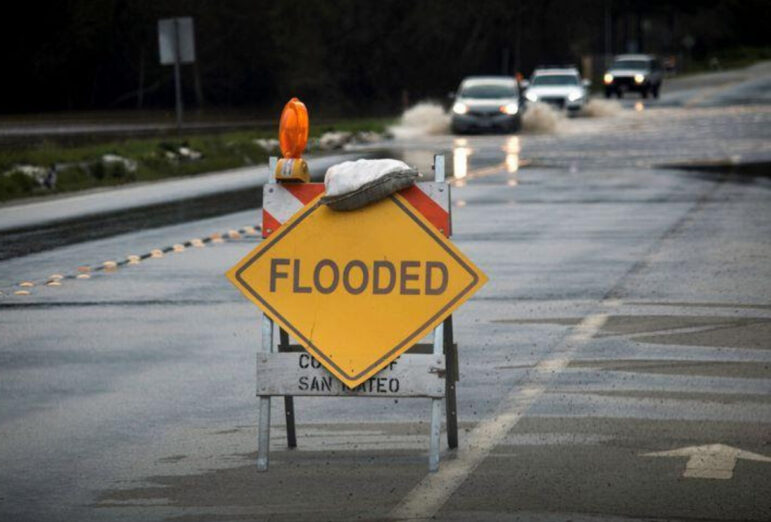Flooding is the single most common weather-related natural disaster. According to the National Severe Storms Laboratory, floods occur in every US state and territory and take more lives each year than tornados, hurricanes, or lightening.
Not only are they dangerous, floods can also cause tremendous damage to buildings, cars, and other valuable possessions in a very short amount of time. In fact, FEMA reports that just one inch of floodwater can cause up to $25,000 in damage.
The moments after a storm or natural disaster can feel overwhelming.

After everyone is accounted for and safe from immediate threat (including pets), cleanup and recovery begin. Storm victims should never feel pressured to make a hasty decision or choose an unknown contractor. Make temporary repairs if necessary so you can take the time to choose a trustworthy contractor. BBB has tips to help recover safely and effectively after a storm.
Assess the damage
- Assess the damage and take pictures.
- Contact your insurance company immediately.
- Document the damage to your property (and autos). Take pictures and if possible, video evidence.
- Do not make any permanent repairs until you get approval from your insurance company. Your insurer might not fully reimburse you for permanent repairs without authorization.
Clean and make temporary repairs
- Make minor repairs that will limit further damage to the home. If you have to make temporary repairs to protect your home from the elements, save all of your receipts.
- Be on the lookout for price gouging.
Hire a contractor
- Get referrals from friends and relatives and check BBB.org for ratings and reviews on contractors in the area.
- Do your research. Local and national companies may both do a fine job, but if you choose to do business with someone not local, be sure to understand who will be taking care of any service needs that may arise after the completion of the project.
- Learn about storm chasers. Storm chasers are businesses that follow storms hoping for a quick buck. Research anyone who offers you unsolicited assistance carefully. (Report scams to bbb.org/scamtracker)
- Ask about preventive features and installations to help protect against future damage during the repair process.
Know what you sign
- Read and understand anything you are asked to sign. Avoid signing an “estimate” or “authorization” form before hiring a particular contractor.
- Get a written contract agreement with anyone you hire. It should specify the work, the materials used, and the price breakdown for both labor and materials.
Review contracts, deposits, and payments
- Make sure the contract is specific. Be sure the contract specifies the schedule for releasing payments to the contractor. Ask for a start and end date for the work to be done.
- Never pay in full in advance. Do not pay with cash.
- Don’t make a final payment or sign a completion agreement until all work is done satisfactorily.
Other Resources
Read this advice on hiring a company for mold remediation
Explore these tips before buying flood insurance
Visit BBB’s natural disasters page for more tips on what to do before, during, and after a storm